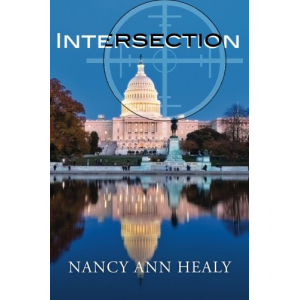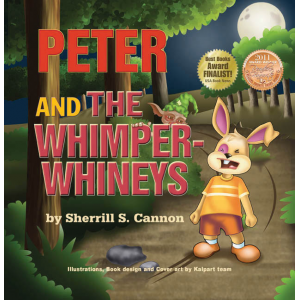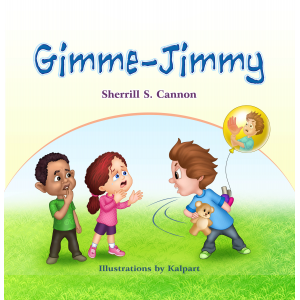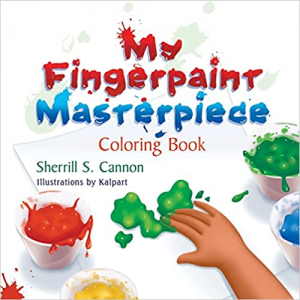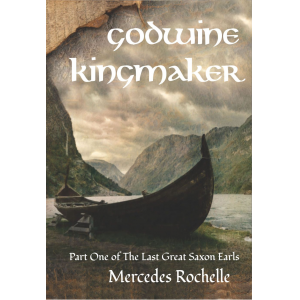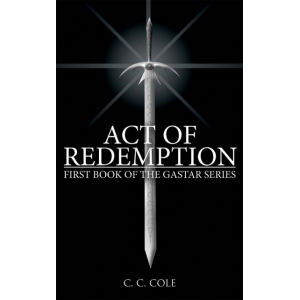- Author
- Book
- Story behind the book
- Media Links
- Reviews
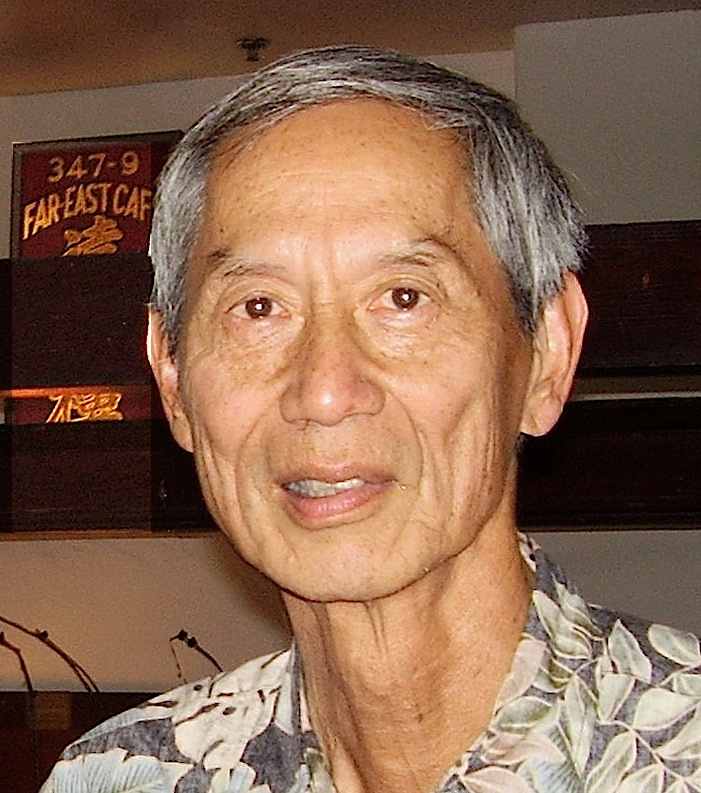
John Jung
About
After a 40 year career as a Professor of Psychology, I pondered a question that I had avoided many times, namely, how did I, as a second-generation Chinese American fit in a black and white society in Macon, Georgia where we were the only Chinese in the entire city from the late '20s to early '50s when Jim Crow segregation was yet to be challenged. My attempt to understand how my ethnic identity emerged to my memoir, Southern Fried Rice: Life in A Chinese Laundry in the Deep South. I soon realized from responses of readers and audiences when I gave book talks/signings all over the U. S. that here was an important story to preserve and share. I met other Chinese that also grew up in cultural isolation where they were the only Chinese in their communities and/or they also grew up helping in their parents' laundry, restaurant, or grocery store.
I was inspired to write three additional books, all exploring how Chinese immigrants from the late 1800s until beyond the middle of the past century managed to overcome the hostile societal prejudices against Chinese and other "Orientals" and succeed running family businesses such as laundries, grocery stores, and restaurants.
Writing and speaking about these 4 books led to many important but unanticipated discoveries and contacts with other Chinese Americans. In my fifth book, A Chinese American Odyssey: How a Retired Psychologist Makes a Hit as a Historian, I describe these experiences and discuss some important things I learned about writing, researching, publishing, and publicizing my books.
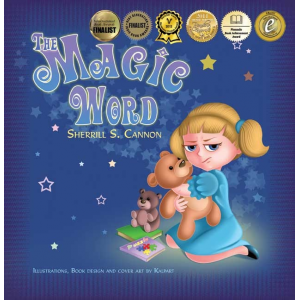
The Magic Word
Description
<p style="margin:0in 0in 10pt;" class="MsoNormal"><span style="line-height:115%;font-family:'Times New Roman', serif;font-size:12pt;">Elisabeth was rude and selfish and demanding, and therefore had very few friends.<span> </span>When she sent out invitations to her birthday party, no one accepted.<span> </span>Her mother warned her that she needed to improve her manners and to try to get along with people.<span> </span>She told Elisabeth that she needed to use the magic word “Please”.<span> </span>So when Elisabeth went to school the next day, she thought of her mother’s advice, “What is the magic word?” and she started saying “Please” and also “Thank You”.<span> </span>She tried to become more thoughtful of others, and discovered that she was a much happier person.<span> </span>Imagine her pleasure when she returned home to find out that her new friends were all coming to her birthday party!</span><span style="line-height:115%;font-family:Arial, 'sans-serif';font-size:10pt;"></span></p><p></p>
Story Behind The Book
LET US NOW PRAISE CHINESE LAUNDRYMEN In search of Gold Mountain, you, your sons, and brothers came, Some helped forge the rail that links the land from coast to coast, Then, for problems not of your making, you were held to blame, Racism denied you basic rights and liberties accorded to most, You were taunted, assaulted, and then excluded from the land, Undaunted, you persevered and worked long hours into the night, Resourceful, you learned to survive by doing laundry by hand, For many, apart years from wife and children was your plight, You slaved, skimped, and saved to have money to send back, Resilient, you endured hardships with a determined attitude, Of courage, endurance, and determination, you did not lack, For which your children, and theirs, owe you lasting gratitude'' From John Jung, Chinese Laundries; Tickets To Survival On Gold Mountain Yin & Yang Press 2007.
Media Links
Reviews
<p><span style="border-collapse:collapse;font-family:arial, sans-serif;font-size:12px;line-height:normal;"><strong>PRAISE For "CHINESE LAUNDRIES" <br /><br /> …important window into the history of the early Chinese immigrants. . . The laundrymen faced struggles, challenges, and even disappointments; yet, the Chinese laundry became a valued and necessary enterprise … <br /><em>Sylvia Sun Minnick, SamFow: The San Joaquin Chinese Legacy and Stockton's Chinese Community </em><br /><br /> … a significant contribution to the history of Chinese laundries … best told by someone like Jung who experienced a ‘laundry life,’ and understands its psychological impact on the Chinese laundrymen and their families. . . <br /><em>Murray K. Lee, Curator of Chinese American History, San Diego Chinese Historical Museum</em> <br /><br /> … rewarding study of an era marked by invention born of dire necessity, an unforgiving host society that demanded Chinese laundrymen’s services but then punished them for being too good at it, … a long overdue analysis of a familiar experience hidden in plain sight. <br /><em>Mel Brown, Chinese Heart of Texas, The San Antonio Chinese Community, 1875-1975.</em> <br /><br /> … a welcome contribution to Chinese American studies that depicts the plight of early generations of Chinese caught in the predicament of operating laundries to provide for their families, ... while enduring extreme hardship and loneliness ... inclusion of historic documents, photographs, newspaper article excerpts, and revealing personal stories and insider observations from a few of the many who, like the author, grew up and worked in their family laundries. The subject deserves attention and further exploration in view of the significant impact that the laundry had not only on the Chinese American experience, but also in the social and cultural histories of the U.S. and Canada <br /><em>Joan S. Wang, Race, Gender, and Laundry Work: The Roles of Chinese Laundrymen and American Women in the United States, 1850–1950, Journal of American Ethnic History</em> <br /><br /> … a remarkable book...a comprehensive historical study of the Chinese laundries in the United States, a profound analysis of the psychological experiences of the Chinese laundrymen in America and their families in China; and above all, written by someone who has intimate experiences with the Chinese laundry, it is a tribute to those Chinese immigrants whose labor and sacrifice laid the foundation of the Chinese American community, and a testimony of the Chinese laundrymen’s resilience, resourcefulness, and humanity. <br /><em>Renqiu Yu, To Save China, To Save Ourselves, The Chinese Hand Laundry Alliance of New York.</em> <br /><br /><strong>From the Foreword: <br /><br /> What is remarkable is the combination of this historical perspective with his social psychological descriptions and analyses of laundrymen and their descendants. The personal life stories, with their inner thought, feeling, values, attitudes, work experiences and survival hardships, are skillfully presented with penetrating insights and observations. These perspectives present an overall picture of the history and the life and work of the laundrymen. <br /><em>Ban Seng Hoe, Curator of Asian Studies, Canadian Museum of Civilization</em></strong></strong></span></p>
